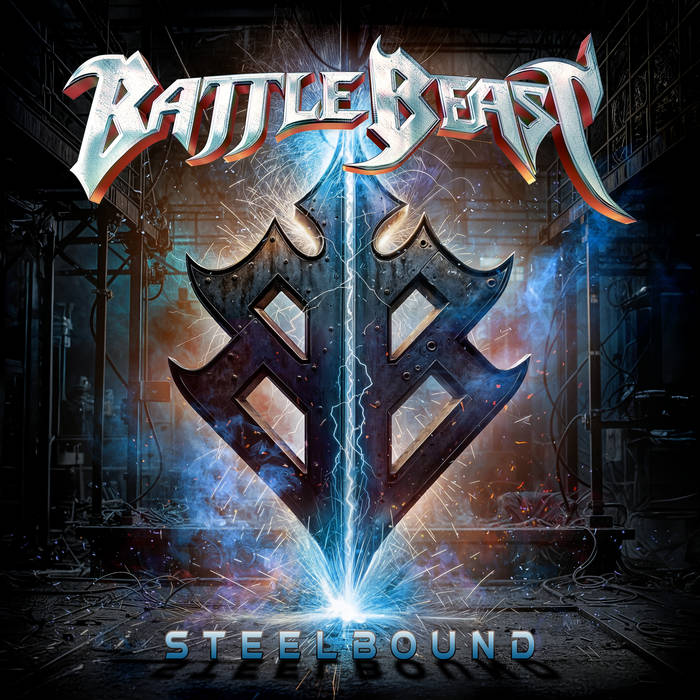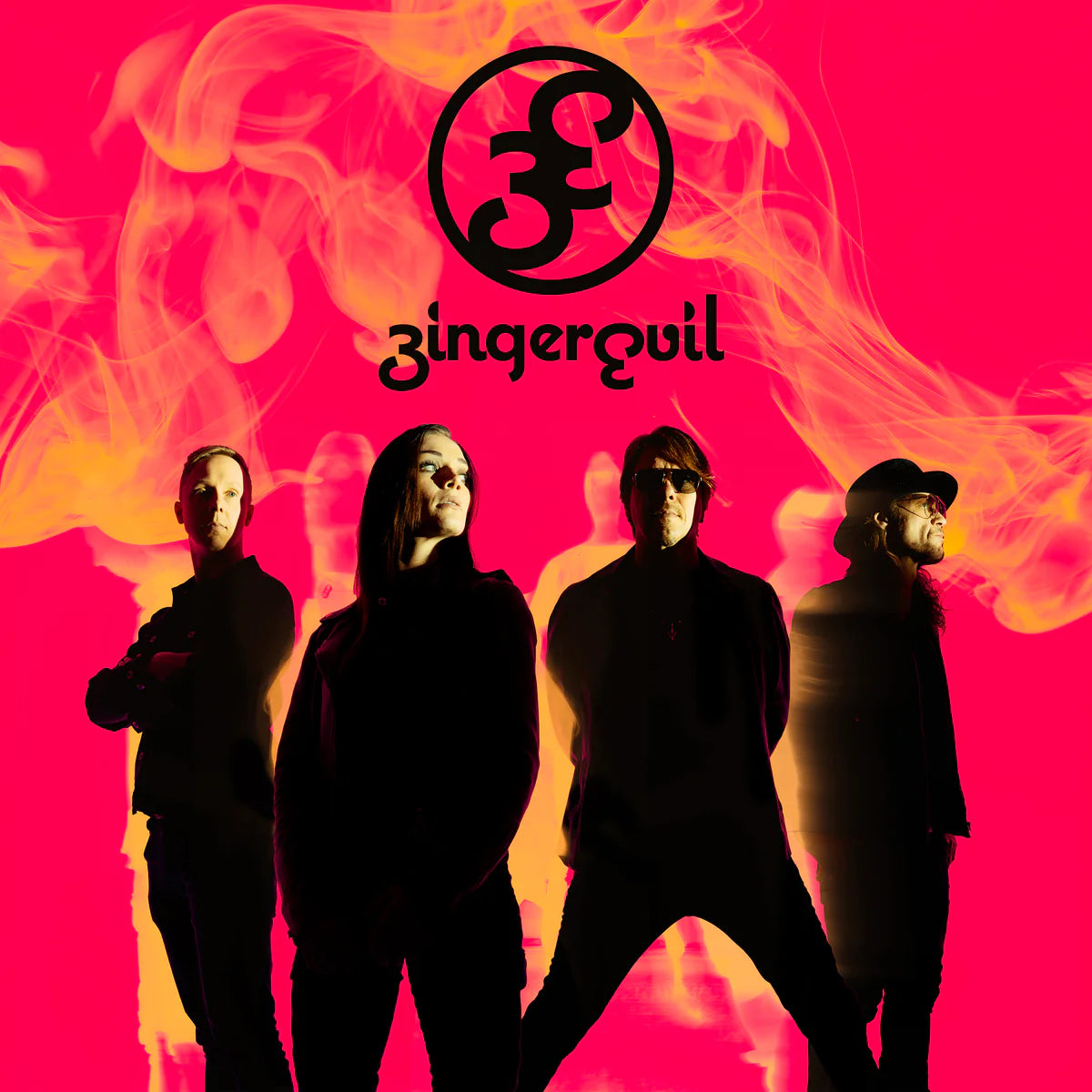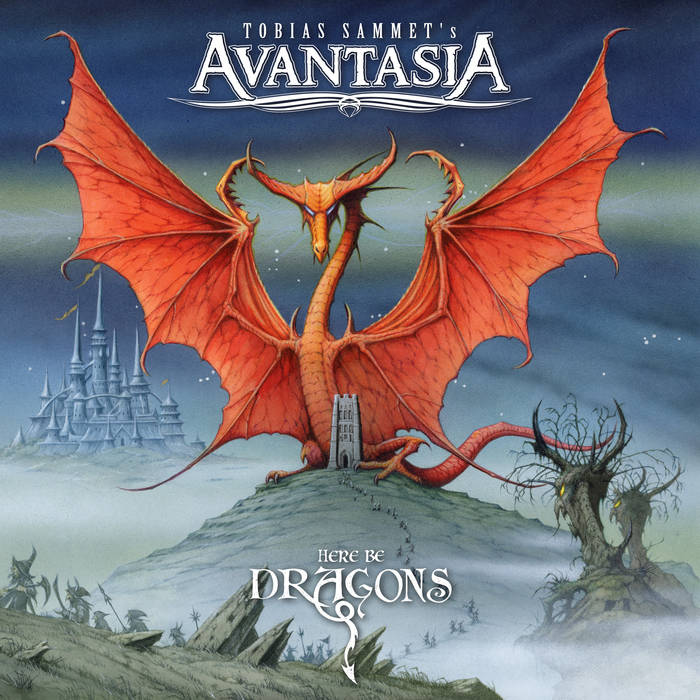It's a simple question, and it's usually asked with genuine curiosity, but it carries with it a subtle implication that the default position should be to like anything and everything until we rationalize a reason not to do so. I fundamentally disagree with this position, and I have found myself vacillating between frustration and anger when I am looked at with suspicion for not being generous enough to the things I come across. There is a discussion to be had about whether an opinion is worth anything if one enjoys everything, and a discussion to be had about what kinds of people are incapable of criticism, but we will leave those for another day.
If we were dealing with an issue strictly of thought and reason, it would follow that our words should be able to explain the process that leads us to our decisions, that explains why we love the art we are fans of. But that is not the reality we live in. Perhaps it is still more of a philosophical maxim I hold than an unambiguous fact, but I believe our artistic taste is not academic, but it dominated by our feelings and emotions. Great art moves us in a way that is hard to explain, because we aren't thinking about why it happens. Songs 'pull on our heartstrings' rather than overwhelm our logic, and that leaves us at the mercy of chemicals and consciousness that has yet to be fully understood by science.
"Why don't you like Bob Dylan?"
That is the question that set me down this path today. As I have mentioned countless times over the years, I am (or was) both an amateur songwriter and a fan of words. It would seem logical, then, to say that I should be a fan of the man considered the greatest songwriter in modern history, and the recipient of a Nobel Prize in literature.
And yet... I don't like Bob Dylan at all. In fact, I have said for longer than I have been writing these things down that Bob is not even the superior Dylan. His son Jakob's work with The Wallflowers has resonated far more with me than any of his father's greatest hits, and I continue to come away more impressed by songs he has written than those that are more celebrated as genius by the mainstream.
Why?
There isn't an easy way to explain that. Academically, I can know how important Bob Dylan is to popular music, and how revered his words are as the voice of a generation. Emotionally, I get nothing out of his work. Whether his metaphors are couched in narrative stories in ways that make them feel dishonest, or his voice is simply too difficult an instrument to take seriously, the songs of Bob Dylan hit me as if unearthing fossilized relics of a previous incarnation of the human species. That's an overly dramatic way of saying what I intend, which is to say I cannot recognize the world Bob Dylan is singing about because I was not part of it. His phrasings might have spoken to people who were coming of age in that time, opening their eyes to the way time was beginning to move to a new chapter, but that isn't all that different than trying to read a book written in old English.
I have tried several times to dive in and find the missing thread I can pull on to reveal the answers, but it never happens. One of my favorite comedies even mentions "Blood On The Tracks" as the soundtrack to our most miserable moments, which is a bit of connective tissue that dissolves each time I try to grab hold.
I keep trying to unravel "Tangled Up In Blue". I hear Bob Dylan telling a story out of time, with no insight, reciting the events as if filing a newspaper report. There is no evidence these characters have ever known what love is, let alone been in that state themselves. Dylan goes from chapter to chapter, giving us no reason why he (or the character) would miss the woman he is singing about, and showing us nothing about their passion.
Reading the lyric along with the song, I cannot escape thinking about Jack Kerouac's "On The Road". That book was written in a manic state as a single paragraph typed across one-hundred-and-fifty feet of paper. Bob Dylan is writing in much the same way, throwing out a frenzy of details of life without giving us the humanity that turns it into art. Kerouac's book was hugely influential on me as a writer, because it showed me everything I didn't want to be. The prose was so bare and arid, it was a book entirely of plot points, devoid of anything interesting for those who didn't care about hearing him count and recount every sexual experience as if he was trying to remember how many miles of tread were left on a set of tires before both would be abandoned for something new. Bob Dylan's language is often much the same, telling stories with no panache, with no care for if he was entertaining the audience or not.
Worse than that, I don't get the impression listening to Bob Dylan that he has even entertained himself. He often sounds bored singing the words that made him famous, save for when he's calling the thoughts of others an 'idiot wind', which serves as context telling me not to care about what he is trying to say. In a way, Bob Dylan is a prophet of language in the same way Yogi Berry was; hitting on genius turns of phrase only by sifting through entire avalanches of the most mundane language.
The more I listen, the more I get distracted by the songs written in narratives and characters. Songs have never struck me as good vehicles for telling deep stories. The limited amount of words we get (I say limited, but like bob Dylan and others, I have had a penchant for using far too many to comfortably fit in a melody) demands efficiency, and the repeating nature of choruses or strophic structure necessitates a phrase or image that can paint an emotion in our minds that sticks through time. Bob Dylan's stories are sepia-toned, like watching a black-and-white movie outside the historical context and knowledge to appreciate the older art form.
The old form is a sentiment I cannot escape. Bob Dylan's music is rooted in both early folk and blues, neither of which has aged well as the world has sped up. His musings and lamentations come often in the form of long-winded recitations of words without concern for songwriting as a different art than journaling. Between his flat delivery and preference for repetitive form, the majority of the songs I have heard could be recited as poetry at an open mic night without missing anything of the performance. Bob Dylan, the greatest living songwriter, doesn't come across as having put much effort or thought into a key aspect of being a songwriter. Philosophically, there is a fundamental disconnect between his approach and my belief of what makes a great song truly great.
And perhaps part of this is that I did not try listening to Bob Dylan until his last 'comeback', when the genius I was reading about released records where he sounded not like death warmed over, but just like death. My first impression was that of someone so far past his prime it was difficult to imagine one existed.
Some people read for the story, praising Ernest Hemingway as a titan of the form. I read his clipped syntax and pine for the artistry that separates writers from storytellers. Bob Dylan is less a songwriter to me than he is a storyteller, and storytelling is not what I turn to music for.
I'm sure many (if not most) who read through the lyrics I have penned would grow frustrated by the way I struggle to say much of anything without cloaking it in a rhetorical flourish. I understand that, and I would not fault anyone who says my style is not for them. By that same accord, I don't think it is incumbent on me to keep searching for something in Bob Dylan's style that would allow me to enjoy his songs. He and I simply do not align on an artistic level in almost any way or form.
Now that I've written this much trying to explain myself, I'm hoping this means I can ignore Bob Dylan in peace for many, many years.













